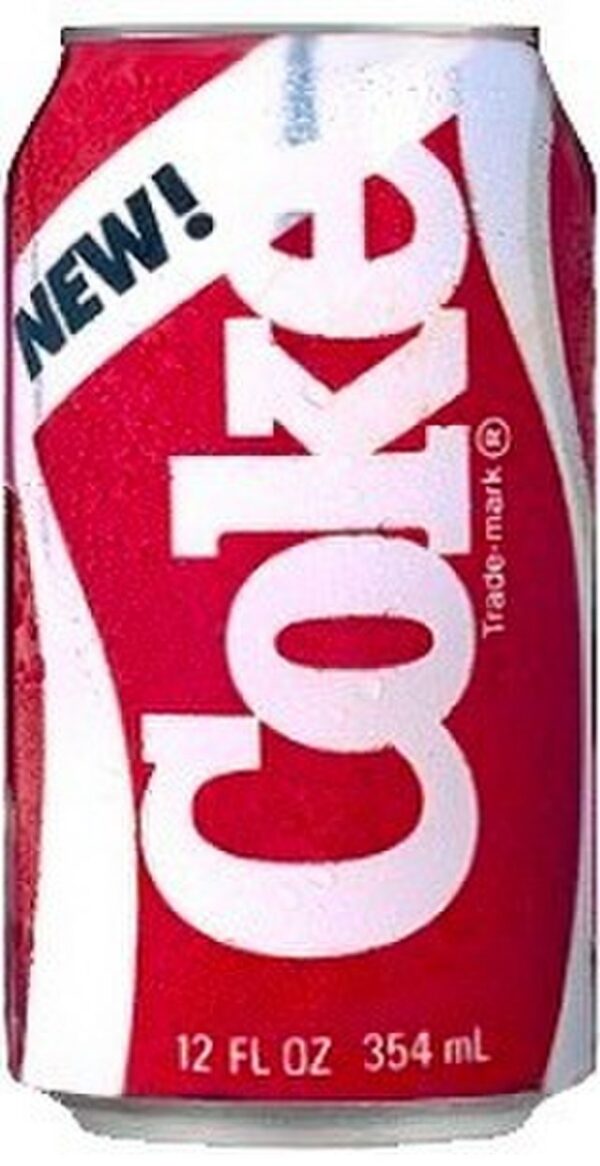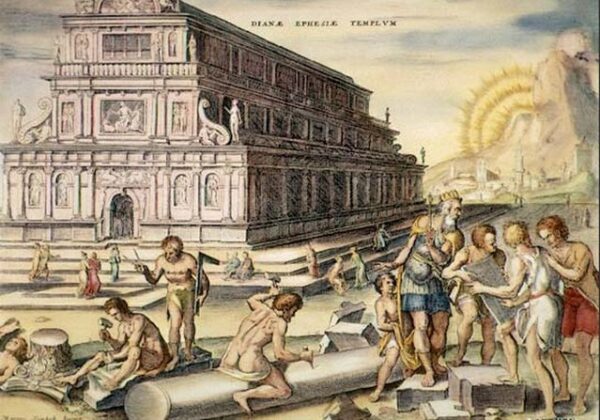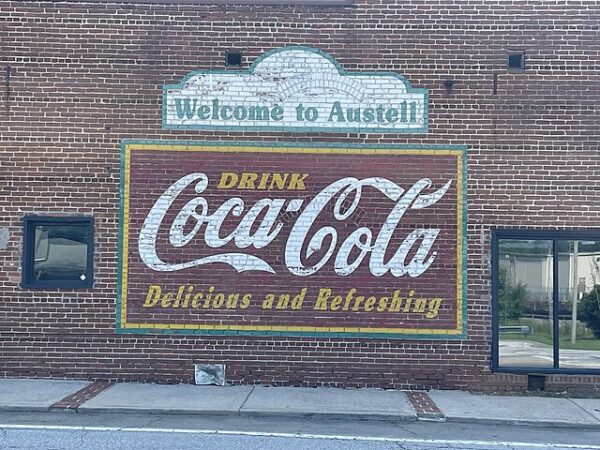The saga of “New Coke” stands as a striking testament to the complexities of brand loyalty, consumer psychology, and corporate decision-making. On April 23, 1985, The Coca-Cola Company, feeling the pressure of heightened competition from Pepsi, made the audacious move to reformulate its flagship product. The goal was to create a sweeter flavor profile akin to its rival, a strategic maneuver aimed at expanding its market share.
The introduction of New Coke was met with considerable fanfare, yet the response it elicited from consumers was anything but celebratory. Instead, it sparked a wave of public outcry, with Coke loyalists expressing a profound sense of betrayal and disappointment. The reformulation was perceived not just as a change in taste but as a betrayal of tradition and cultural heritage.
So, what led to this monumental misstep? At its core, the New Coke debacle underscores the intricate interplay between consumer sentiment and brand identity. In its pursuit of market dominance, Coca-Cola underestimated the emotional connection consumers had with the original formula. The beverage was not merely a product. It symbolized shared memories, cultural nostalgia, and national pride. By tampering with its essence, Coca-Cola inadvertently struck a chord that reverberated far beyond the realm of taste preferences.
In the face of mounting backlash, Coca-Cola swiftly reversed course, reintroducing the original formula as “Coca-Cola Classic.” This decision, while humbling, proved to be a strategic masterstroke, reaffirming the company’s commitment to its heritage and placating disgruntled consumers. The return of Coca-Cola Classic was met with relief and jubilation, serving as a poignant reminder of the enduring power of brand loyalty.
The New Coke episode has become a legendary mistake for marketers, highlighting the perils of disregarding consumer sentiment and the importance of preserving brand authenticity. It underscores the delicate balance between innovation and tradition, reminding corporations that while evolution is essential for relevance, it must be guided by a deep understanding of consumer psyche and cultural resonance.
Despite its initial failure, New Coke left an indelible mark on the marketing landscape. It sparked widespread discourse on the intricacies of brand management, consumer behavior, and market research methodology. Moreover, it demonstrated Coca-Cola’s resilience and capacity for self-reflection, ultimately strengthening its position as a cultural icon and global powerhouse.





